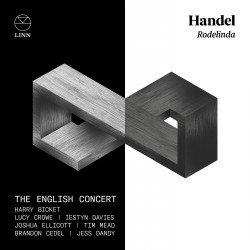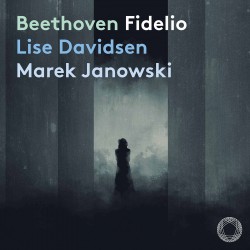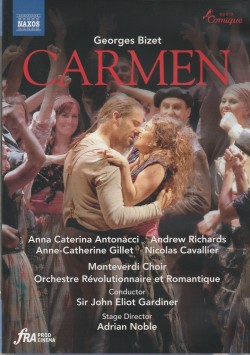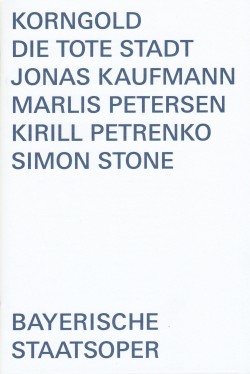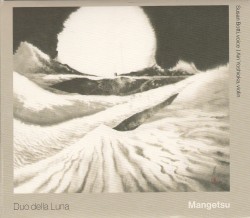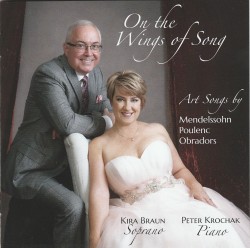American Originals: A New World, A New Canon - Reginald Mobley; Agave
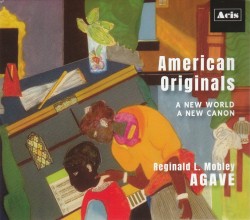 American Originals: A New World, A New Canon
American Originals: A New World, A New Canon
Reginald Mobley; Agave
Acis APL20445 (acisproductions.com)
For countertenor Reginald Mobley, this is a deeply personal project. In his booklet notes, he describes his early years studying music as a person of colour, when he was convinced that “nothing worth hearing and knowing in classical music was ever written by anyone who looked like me.” How better to expose what he rightly calls the “whitewashing of music history” than by highlighting some remarkable, largely unknown composers of colour? And so we have this adventurous survey of vocal and instrumental works from across the Americas, dating from the Baroque to the 20th century.
In six gorgeous songs – and two instrumental song arrangements – by Florence Price (whose music is finally starting to receive the attention it deserves), Mobley and the versatile musicians of Agave convey the impassioned vision underlying the composer’s evocative imagery. The Brazilian priest José Mauricio Nuñes Garcia’s exquisitely Mozartian Te, Christe, solum novimus leaves me wanting to hear more from this composer (his magnificent Requiem is featured in Paul Freeman’s landmark Black Composers Series on Sony Classical). A virtuosic performance of Baroque composer Esteban Salas y Castro’s Taedet Animam Meam reveals its sublime intensity. It’s hard to understand why his music is so rarely heard outside his native Cuba.
Mobley draws on seemingly endless reserves of power and beauty. But there’s something even more exciting going on here – a direct, urgent connection with the music. In this he is well matched by Agave’s vivid colours and stylish phrasing.


